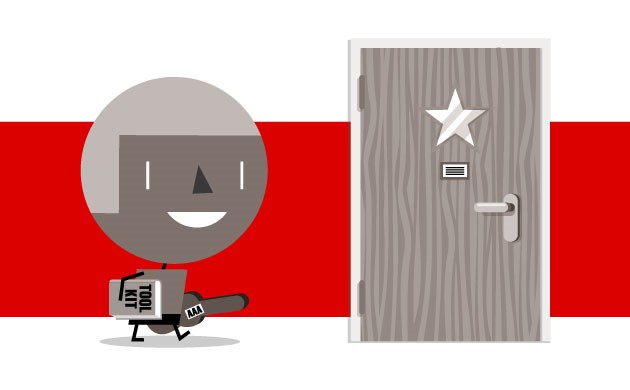5.1 Having Your Music Published by a Publisher
Back to the Composer’s Toolkit main page
The term ‘publishing‘ means that a copyrighted work (such as a book or a piece of music) is produced and distributed to the public. Sheet-music publishing took off in the mid-18th century in 1754, when Bernhard Christoph Breitkopf and his son Johann Gottlob, who ran a book publishing company in Leipzig, decided to focus predominantly on sheet music. Since then, many aspects of music publishing have changed. Digital technology means that works can now be sent out electronically (for example, in the form of a PDF document), prompting many composers to distribute their works themselves rather than via a publisher. There are still many traditional music sheet publishers (Schott, Peters, Faber, Boosey & Hawkes, etc.), but in the more commercial sector, publishing companies no longer produce printed music. Instead, their main business is to promote compositions to film and television (with a view to selling lucrative licenses for synchronisation rights, which cover music being used as a soundtrack to advertisements, TV programmes, or films) and to recording artists.
You can find a directory of all UK music publishers on the Music Publishers Association’s website, where you can also discover whether or not a publisher accepts unsolicited material.
Publishing Companies
Traditionally, securing a contract with a publishing company was perceived to be the ultimate achievement for an emerging composer. While this might no longer be the case, there are certainly many advantages of having your work published by a publisher. A publisher will usually: edit, produce and print scores and parts for your music; hire and sell the scores and parts; register your work with PRS or other collection societies; promote your work nationally and internationally to performers, orchestras and record companies, using their well-established network of contacts; and provide general management as well as specific feedback. This means you can focus on what you like most and do best – composing. However, such luxury comes at a price. Most sheet music publishers will take 50% of all income derived from the composer’s work.
There are other aspects of having your music published by a publisher which you might see as disadvantages: having to transfer the rights to your work to the publisher; having less or no control over the price that your scores/parts will be sold at; having less or no control over what your score looks like as publishers usually have a house style; and possibly being under pressure to take on commissions you feel might not be right for you.
If you would like to have your music published by a sheet music publisher, bear in mind that most composers don’t get signed on the spot. Do keep publishers informed of your activities, especially if you’ve had first signs of interest from them, and use recommendations from contacts in your networks to get through to key people.
Lastly, if you are in a position to have been offered a contract with a publishing house, do get independent legal advice. You might be ecstatic about the chance of having your music published, but, especially with contract durations usually being three to five years, it is essential to get the conditions right or the relationship between you and your publisher(s) might turn sour.
Previous: ← Sources of Funding


